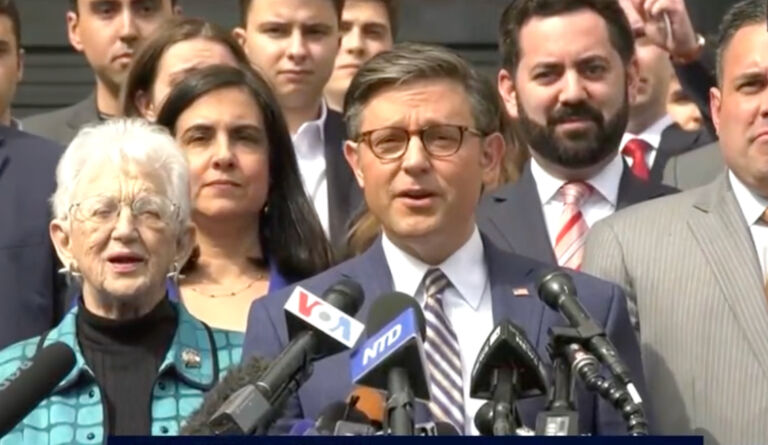 My latest article on Townhall.com addresses the riddle of Humpty Dumpty from a different angle; namely, why on earth did the king think it was his government’s business to get that involved in Humpty’s fall?
My latest article on Townhall.com addresses the riddle of Humpty Dumpty from a different angle; namely, why on earth did the king think it was his government’s business to get that involved in Humpty’s fall?
An excerpt:
Was Humpty destroyed in the fall? The implication is that he was. But that implication is from the same honking metrist who thought the remarkable part of her story wasn’t that the king got involved, but that his project failed despite the full attention of his government.
Consider the alternative. Humpty falls. Humpty struggles to pick himself up. Suddenly, the king does something extraordinary (meaning beyond the ordinary; i.e., not what you’d expect from a king): he harnesses his powerful government to help Humpty. All those official hooves and boots arrive, doing what hooves and boots do. Inexplicably to the king and his minions, Humpty is no more.
The king’s faithful scribe makes sure to take out a quill and record that the fall was indeed great and the problems from the fall were beyond solving, even by the king who cared so much as to send everything he had.
Who was the king? We don’t know. Suffice it to say he was no King Canute, who recognized and instructed on the limitations of government. Perhaps he was just a naif with power he didn’t understand and whose proper use he didn’t know, a great regal toddler with a hammer.
I’ve discussed that hammer before, by the way. Please read the article and see how it discusses leaders from Robespierre to Canute and Obama to Reagan. And read Ziyi Mai’s post from earlier today, also.


